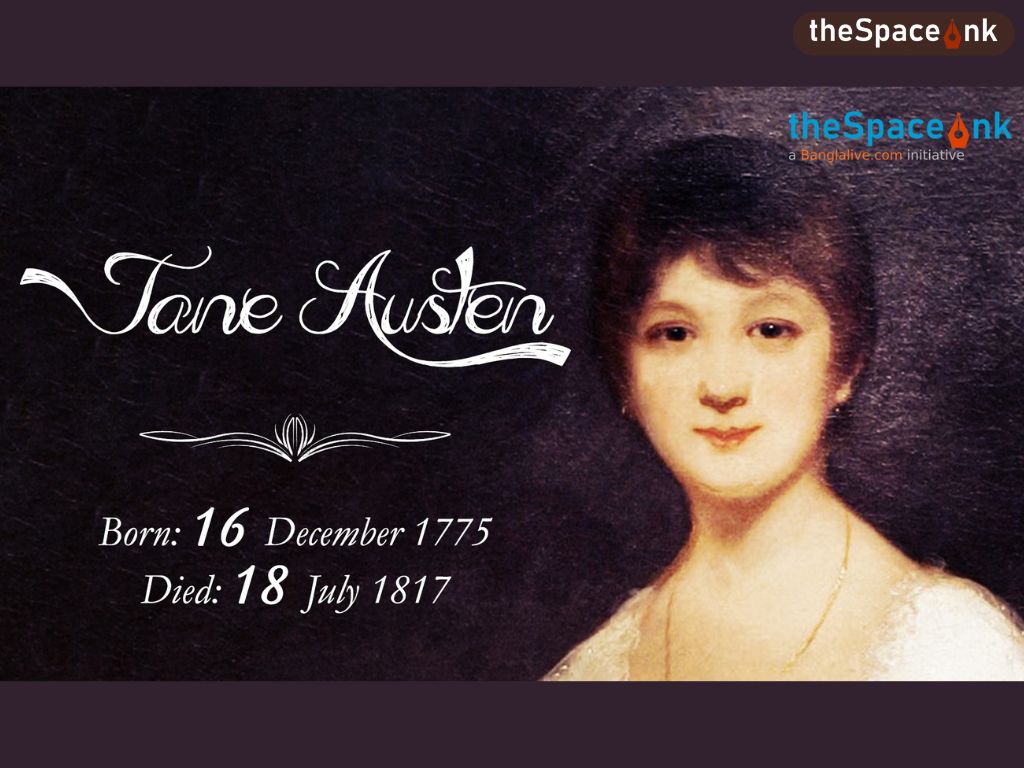(Sylvia Plath)
Sylvia Plath‘s life was a tapestry of brilliant success and profound tragedy. She published her first poem at just eight years old, attempted suicide by overdose in her early twenties—an event she later immortalized in her novel The Bell Jar—and, in the final furious weeks of her life, wrote a poem each day before dawn. These powerful, posthumously collected poems would form her most famous work, Ariel.
Sylvia Plath was a precocious and driven child. Her early talent for writing was undeniable, and she excelled relentlessly in her studies. This drive earned her a scholarship to the prestigious Smith College, setting her on a path to a literary career.
Her early success was shadowed by trauma. The death of her father when she was eight cast a long shadow over her life and work. Furthermore, a severe mental health crisis in her college years led to her first suicide attempt and subsequent hospitalization.
Video: Video: The Queen of Mystery – Agatha Christie
Sylvia Plath found a new direction in England. Plath won a Fulbright Scholarship to study at Cambridge University. It was there, in 1956, that she met the charismatic and already prominent English poet, Ted Hughes.
Their relationship was intensely creative. Plath and Hughes married just months after meeting in a whirlwind romance. They pushed each other’s work, reading, critiquing, and writing poetry side-by-side, forming a powerful creative partnership.
Her first major works were published in London. Her first poetry collection, The Colossus, was published in 1960. Her semi-autobiographical novel, The Bell Jar, followed in 1963, published under the pseudonym Victoria Lucas.
Video: Remembering Virginia Woolf’s A Room of One’s Own
Their marriage ended abruptly. The couple separated in 1962 after Hughes had an affair with another woman. Left alone in rural England with their two young children during one of the coldest winters on record, Plath faced immense personal and financial strain.
Yet, she produced her masterwork. In a stunning burst of creativity during the autumn of 1962, she wrote nearly a poem every day. These works, including famous poems like “Daddy” and “Lady Lazarus,” were raw, powerful, and technically brilliant.
Her death was a devastating loss. Tragically, Plath died by suicide in February 1963 at the age of thirty. Her life was cut short just as her greatest poetic voice was emerging.
Her literary legacy is immense. The posthumous publication of Ariel in 1965 cemented her fame and inspired a generation. In 1982, Sylvia Plath became the first poet to win a Pulitzer Prize posthumously. Today, she remains a towering and influential figure in literature.








